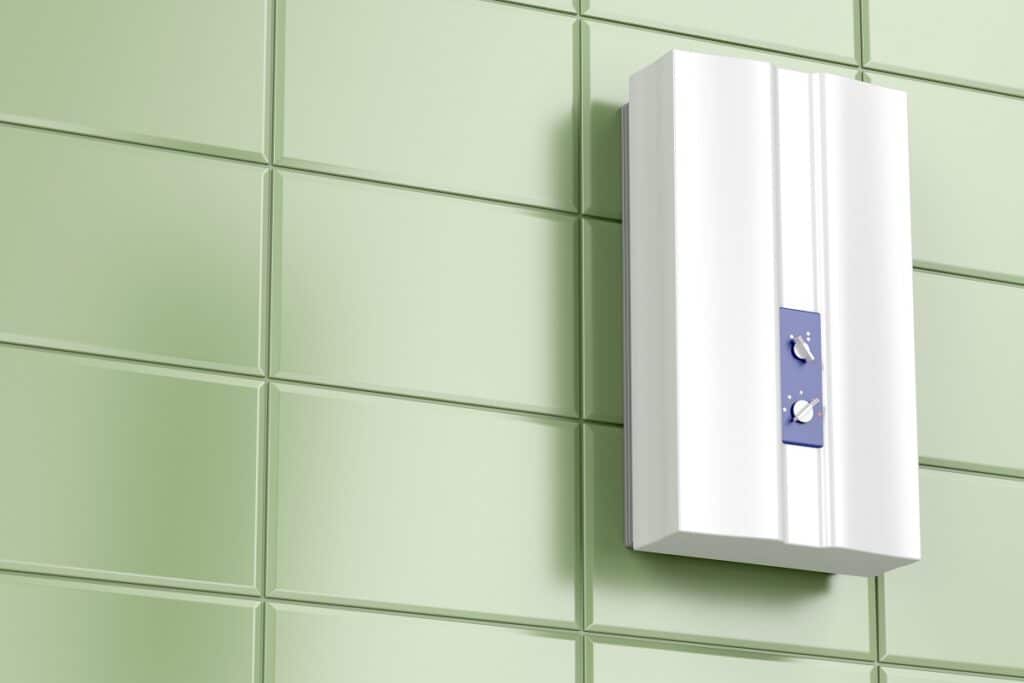There are several types of water heaters, including solar, propane, gas, and electric. Electric units are the most popular because of their numerous benefits. But before buying one, you also must know of a few drawbacks, which are outlined below.
Benefits of Electric Water Heaters
Below are some benefits of electric water heaters.
Lower Upfront and Installation Costs
Price plays an important role when buying a water heater, and this is where electric units have the upper hand. While factors such as the model and size may affect the prices of electric water heaters, generally, they are more affordable than their gas-powered counterparts.
Even better, electric water heaters are simple to install and maintain since they do not require piping. Models such as gas heaters require that you set up proper exhaust and ventilation systems before installing them, and this usually increases installation and maintenance costs.
Readily Available
Nearly every home in the U.S. is connected to the electric grid, meaning you can effortlessly install and use an electric water heater. Models like gas heaters are powered by natural gas, which is not readily available.
To install one, your house must be connected to a propane supply source or a natural gas line. Consequently, installing a gas line in your home can be expensive. Therefore, unless you are replacing an existing gas heater, your best bet is to opt for an electric-powered unit.
Consumes Less Energy Than Gas Water Heaters
Different electric water heaters consume various amounts of energy, depending on the model and size. However, electric water heaters are still more energy-efficient than gas-powered water heating systems.
To be precise, electric water heaters have an energy factor (EF) value of at least 0.9, while gas water heaters have EF values that range from 0.5 to 0.7. The higher the EF, the more energy-efficient the water heater will be. Electric units do not vent as opposed to gas-powered models that lose energy through venting, lowering their EF value in the process.
Drawbacks of Electric Water Heaters
While electric water heaters have several benefits, there are a few reasons you may want to think twice before owning one.
No Hot Water During a Blackout
Weather events like storms can cause a power outage, preventing your electric water heater from functioning. On the other hand, gas water heating systems might still work during a power outage.
However, this depends on the type of the model in your home; some have an electrical ignition, which only works when there is power. Needless to say, if you live in an area prone to power outages, you may want to pick a gas water heater with a pilot light.
Longer Heating and Recovery Rates
Gas water heaters use the gasoline combustion process that heats water faster than electric water heaters. Nonetheless, you can avoid lower heating and recovery rates by opting for a tankless water heater, which produces hot water on demand. Ideally, if you live in a large household and cannot install a gas heater, be sure to pick an electric water heater of the right size so that you do not wait long for your water to get hot.
Talk to your plumber before deciding which type of water heater you need for your home. Because of their experience, professional plumbers know which water heater is the right one for you. Call us at JW’s today for water heater services in Indianapolis, IN.





